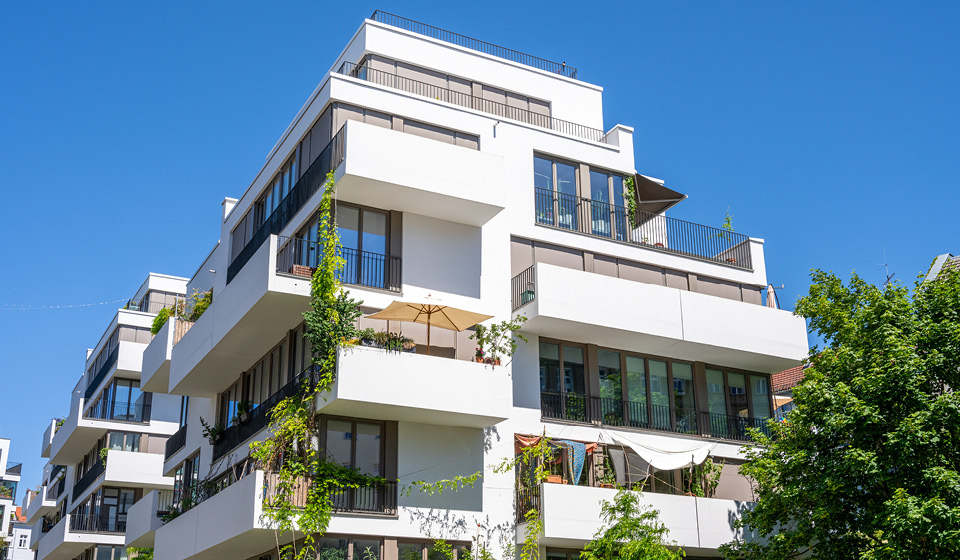There are a few things to consider before buying condominiums
Those approaching retirement may be planning to buy a condominium. As a condominium owner, you often get more living space than with a house for the same price, and the operating expenses are spread out. But your rights are limited.
Condominium ownership has existed since January 1, 1965, when Article 712a of the Swiss Civil Code came into force. Since then, the rate of home ownership in Switzerland has risen steadily, thanks to the rapid increase in condominium ownership, according to the Federal Office of Housing.
What is condominium ownership?
Anyone who purchases a condominium in Switzerland does not buy the entire property, but only a share of it. This share is entered in the land registry and is decisive for the distribution of operating costs. The condominium owner must contribute in proportion to his share not only to the maintenance costs of the common components such as roof, facade, staircase, passenger elevator, etc., but also to the operating costs, which include, for example, heating costs, water costs, costs of caretaking and garden maintenance. As a rule, structural measures on common components can only be carried out with the consent of the community, as the HEV (Homeowners Association) Switzerland emphasizes.
How to finance condominium ownership?
When purchasing a condominium, you have the same financing options to choose from, as when purchasing a house. These include, for example, private loans, mortgages, and financing with equity or pension fund assets. Costs include interest on the mortgage and mandatory amortizations. In order to provide a sufficient safety margin, the financial sustainability is calculated with an imputed interest rate of 5% on the total amount financed.
As the owner you have a special rights
The owner of an apartment is allowed to do whatever he wants in it. He or she may remodel the apartment according to his or her ideas, change the room layout and select the interior furnishings, provided that no common components are affected: "The special right is limited to the apartment and any ancillary rooms such as basement compartments, attics or craft rooms, i.e. it does not extend to an outdoor seating area, a garden section or a roof terrace," explains HEV Schweiz. And it adds: "Since the external building components are jointly owned, the individual apartment owner is also not authorized to make structural changes to them without the consent of the community, for example by attaching a satellite TV antenna to the balcony parapet.
Owner is part of a community
All co-owners form the condominium owners a community that uses, manages and maintains the property as well as the real estate. "Although the community is not a legal entity, it can independently sue and operate as well as be sued and operated," UBS real estate experts explain. And they continue: "It meets at least once a year for a condominium owners' meeting, at which information is provided and decisions are made on expenditures or changes to the regulations, which together with the house rules determine how people live together. "Resolutions are passed by a simple majority.
In order to have a quorum, the law stipulates that half of the community, which is also entitled to at least half of the shares, must be present. "Amendments to the act of substantiation, in which the value quotas are recorded, i.e. the shares of the individual units in the total property, must be unanimous," UBS experts say. The resolutions of the condominium owners' meeting are recorded in the minutes. And the UBS experts advise: "The minutes give interested buyers a good picture of the relationship between the condominium owners, the financing of the property maintenance and the running costs. "If an administration is appointed, it keeps the minutes.
Consider costs
HEV Schweiz also advises paying attention to costs: "Swiss law distinguishes between necessary, useful and luxurious structural measures, for which different approval requirements apply in the condominium owners' meeting. In the absence of any provision to the contrary in the regulations, all costs - i.e. including operating costs - are distributed in proportion to the value shares of the apartments."
